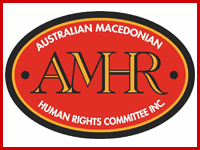
| Thursday - 26 February, 2026 |
|
| Home • About Us • News • Reports • Media • Links • Contact |
| © 1997-2015 EFA-Rainbow, All Rights Reserved. |


























